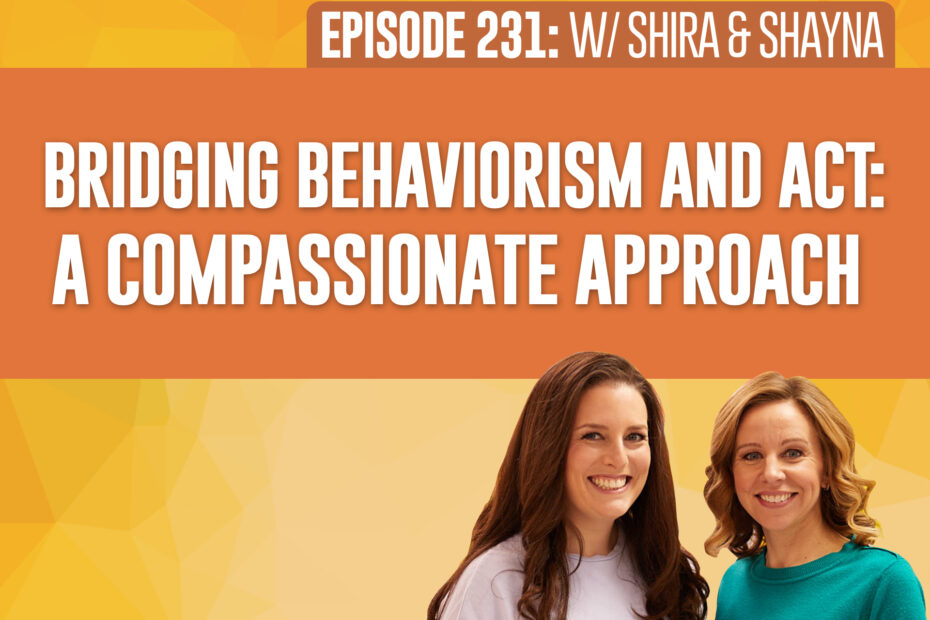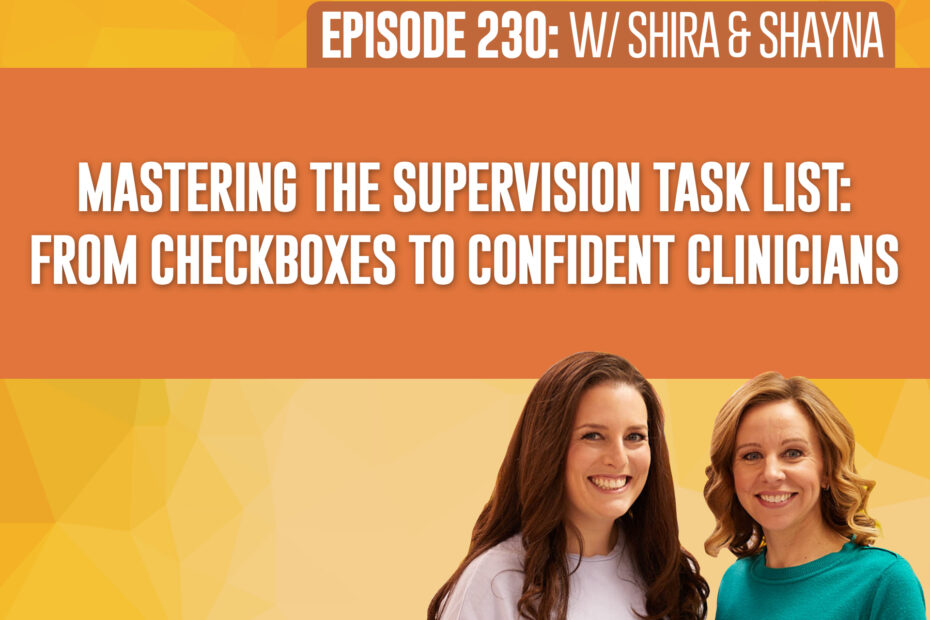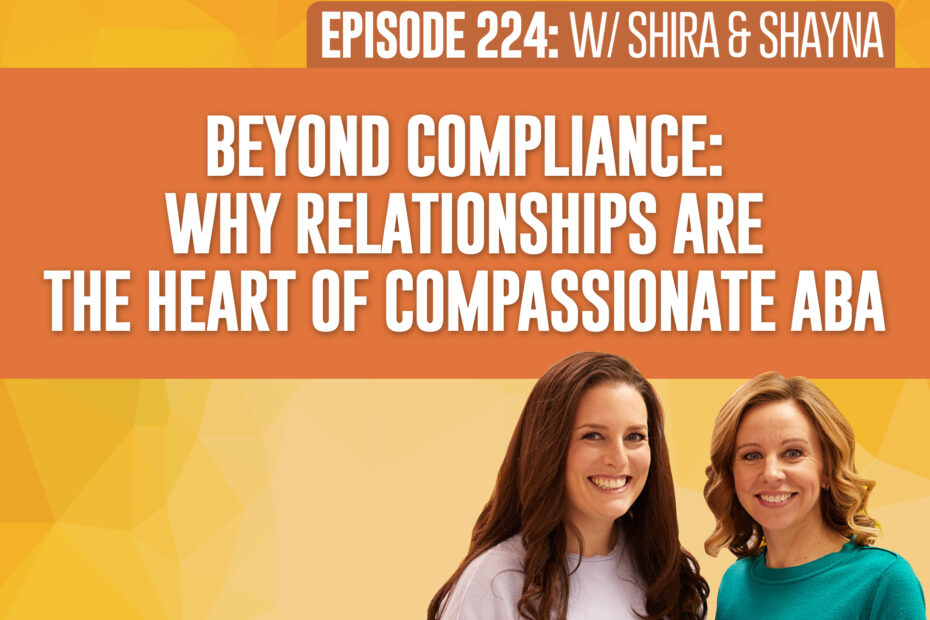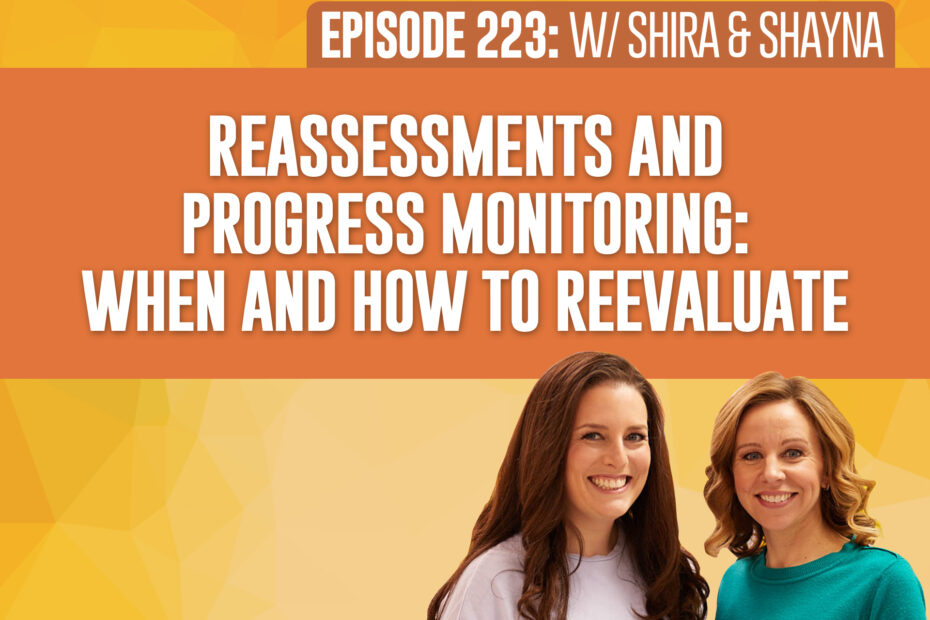Episode 234: Different Roads to Learning BCBA Starter Kit
When you start your first BCBA caseload, it’s common to wonder what actually belongs in a BCBA starter kit. In this episode, we break down the core components of a BCBA starter kit that truly support effective practice—the tools that make sessions smoother, teaching more engaging, and data collection manageable in real-world settings.










